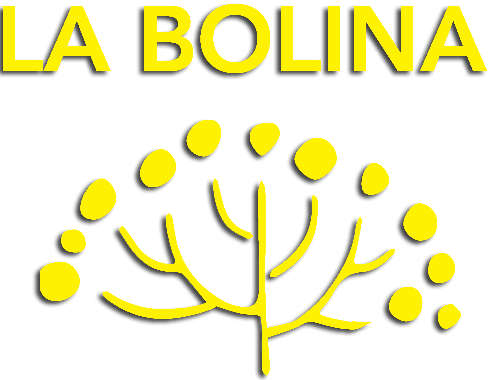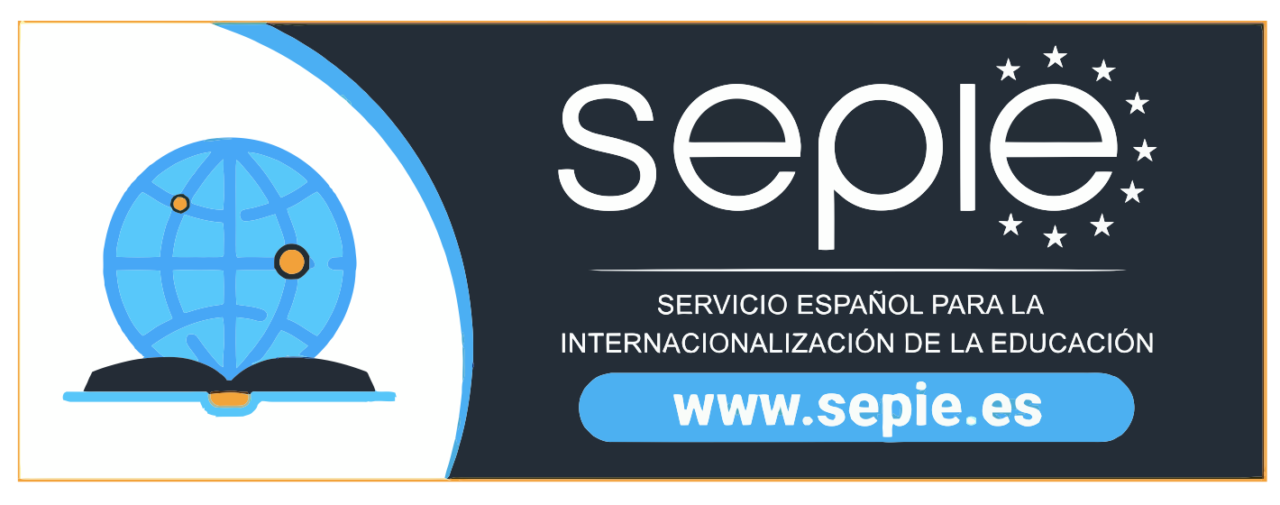Within the project The Art of Moving Forward: La Bolina has spent years working alongside migrant women who live and work in Almería’s “Plastic Sea,” supporting them to tell their stories and bring their voices into spaces where they are often unheard. Together, we’ve developed a creative approach that combines deep listening, shared cooking, participatory theatre, and film, transforming lived experience into powerful tools for change.
It all began with relationships. We spent time with the women—sharing food, walking, sitting with them after long shifts. We listened to their stories and their silences. Through small, everyday gestures—making mint tea or planning a beach outing—we built trust and connection.
Cooking became a central part of our method. Stories surfaced naturally through tastes, smells, and memories. Recipes travelled from Morocco, Gambia, Senegal—each dish carried stories of struggle, love, and home. These shared meals became a refuge from daily stress, where we could talk, laugh, reflect, and grieve together.
From this foundation, we launched theatre workshops inspired by Social Presencing Theatre and the Theatre of the Oppressed. Using simple exercises—movement, stillness, shaping stories with our bodies—we explored questions like: What do I carry? What gives me strength? Where do I feel free? What can we do together that we can’t do alone?
One powerful scene portrayed the daily search for work: the waiting, the rejections, the quiet endurance. These embodied expressions helped participants speak what words sometimes cannot.
Workshops were multilingual—Spanish, Arabic, and English—and meaning was shared through movement, gesture, and empathy. We learned to listen beyond language, honouring the complexity of different backgrounds.
We later partnered with feminist film collective Plataforma Cero to document the work. Scenes were filmed in greenhouses, homes, and public spaces. Some women chose not to appear on camera due to fear of losing their jobs. Others participated with care, on their terms. The resulting film reflects this ethics of consent, solidarity, and protection.
These creative works are not just artistic outputs—they are tools for advocacy. We use the films, meals, and performances to open conversations across Europe—with communities, public audiences, and policymakers. The goal is not only to share stories, but to challenge the systems that keep people in precarious conditions.
Through this work, La Bolina has cultivated a research and action practice rooted in trust, co-creation, and embodied knowledge. These stories are not extracted—they are co-created, translated across mediums, and shared with care and dignity. Together, we aim to shift dominant narratives around food, labour, and migration in Europe.
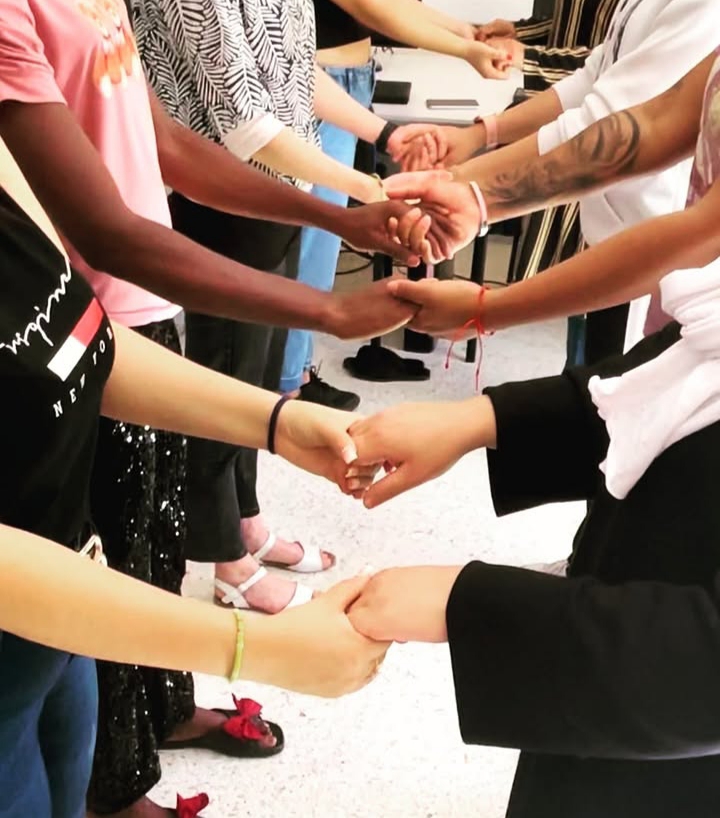
The Legal and Social Situation of Migrant Women in Almería’s “Plastic Sea”
In the agricultural region of Almería—often called the “Plastic Sea” because of its vast landscape of plastic-covered greenhouses—tens of thousands of migrant workers sustain one of Europe’s most intensive food production zones. It is estimated that over 100,000 people from Morocco, Sub-Saharan Africa, and Eastern Europe work in these greenhouses, with many more employed in warehouses and distribution centres.
Much of this workforce is employed informally or on short-term contracts, with little or no legal protection, and is systematically excluded from labour rights and social benefits.
Migrant women face multiple and overlapping forms of exploitation. Often recruited through informal networks, they work long hours—10 to 12 hours a day—in extreme heat and humidity, with limited access to shade, drinking water, or rest breaks. Protective clothing is rarely provided, and exposure to chemical pesticides is common.
Many live in rural areas or informal settlements known as “chabolas”, built from plastic and wood scraps, without access to basic sanitation, electricity, or running water.
Legally, these women face bureaucratic and residency-related barriers that prevent them from changing jobs or reporting abusive conditions. Irregular or semi-regular immigration status often ties them to exploitative employers and excludes them from education and legal protections. Language barriers, childcare responsibilities, and fear of retaliation further silence their voices.Socially, migrant women in Almería experience deep isolation and invisibility. Despite being essential to the region’s agricultural economy, they are almost absent from public discourse and policy. Gendered and racialised power dynamics in the workplace further marginalise them, making them more vulnerable to sexual harassment, wage theft, and threats of deportation.
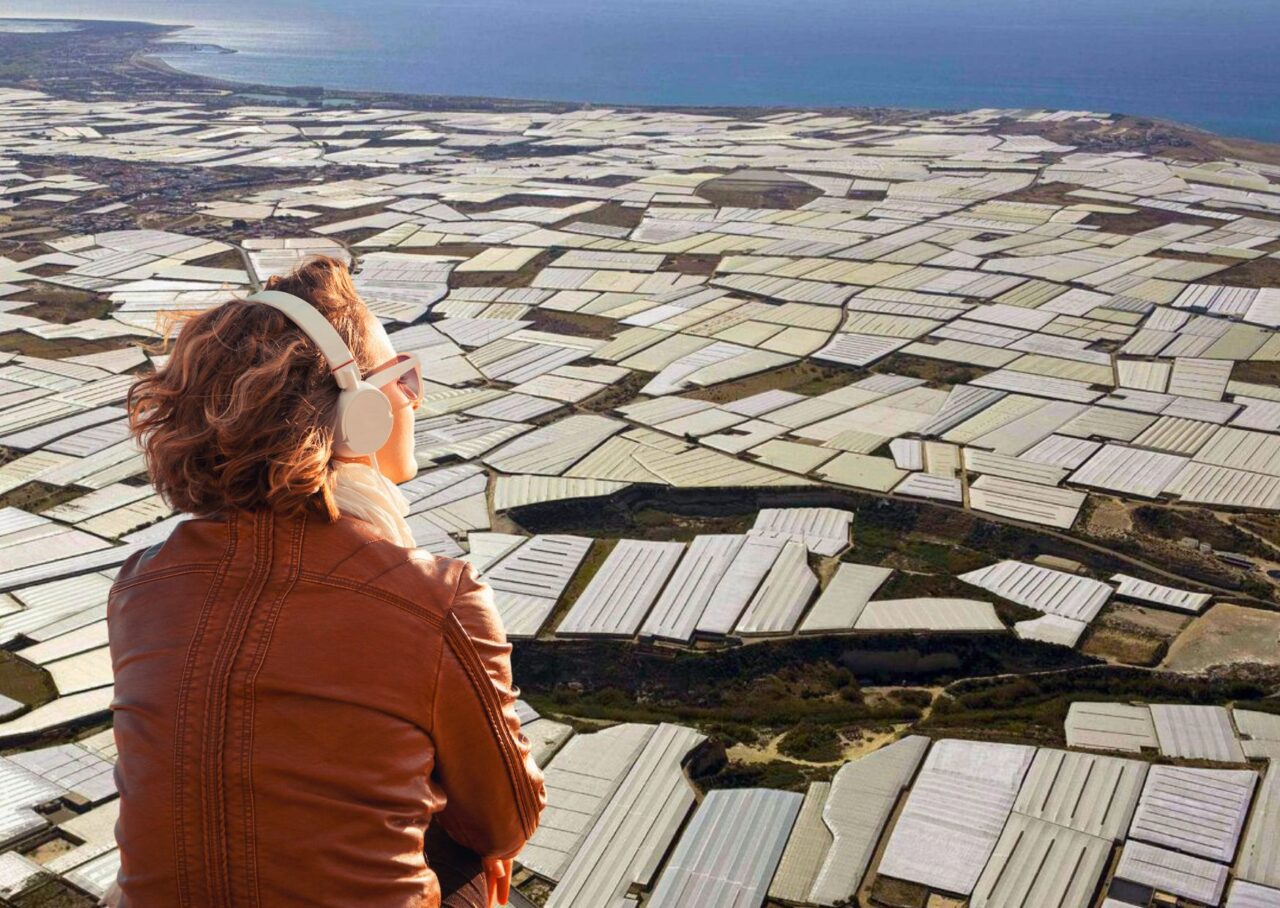
Concrete Demands
Based on the contextual analysis above, and fieldwork carried out by La Bolina in collaboration with local organisations—and most importantly, through conversations with the women themselves—we present six concrete demands that could meaningfully improve the lives of migrant women in Almería:
1. Real and effective registration for residents of informal settlements
We call for a legal clause allowing residents of “chabolas” to register (empadronarse) without a formal rental contract. Registration is essential for accessing healthcare, education, social benefits, and beginning the process of legalising their status.
2. Public transport that reaches greenhouses and settlements
We propose a public bus route that connects informal settlements, nearby villages, and greenhouse areas. This would reduce vulnerability to gender-based violence, assault, and theft, and eliminate the need for women to walk up to 6 hours a day to reach work.
3. Sexual and reproductive healthcare services
We demand the creation of a local sexual health and family planning centre with services for prevention and treatment of sexually transmitted infections, reproductive health, and counselling.
4. Awareness-raising and community-based programmes
We call for the implementation of intercultural and anti-racist awareness campaigns, community engagement activities, youth programmes, and gender-sensitive training for local authorities and security forces. An on-the-ground mediator or cultural liaison could help build bridges across local actors.
5. Social housing programme in the area
Affordable housing is nearly non-existent in this region. Luxury tourist developments exist alongside makeshift slums, and high demand drives prices up. Many families end up living in overcrowded conditions or renting garages. We demand a public housing programme that offers dignified, affordable rentals.
6. Support for the creation of a migrant workers’ union
We propose support and accompaniment for migrant workers who wish to form a union independent of immigration status. Many workers are not registered for social security, go months without pay, and work beyond legal hours for less than the minimum wage. A union could defend their rights without fear of retaliation.
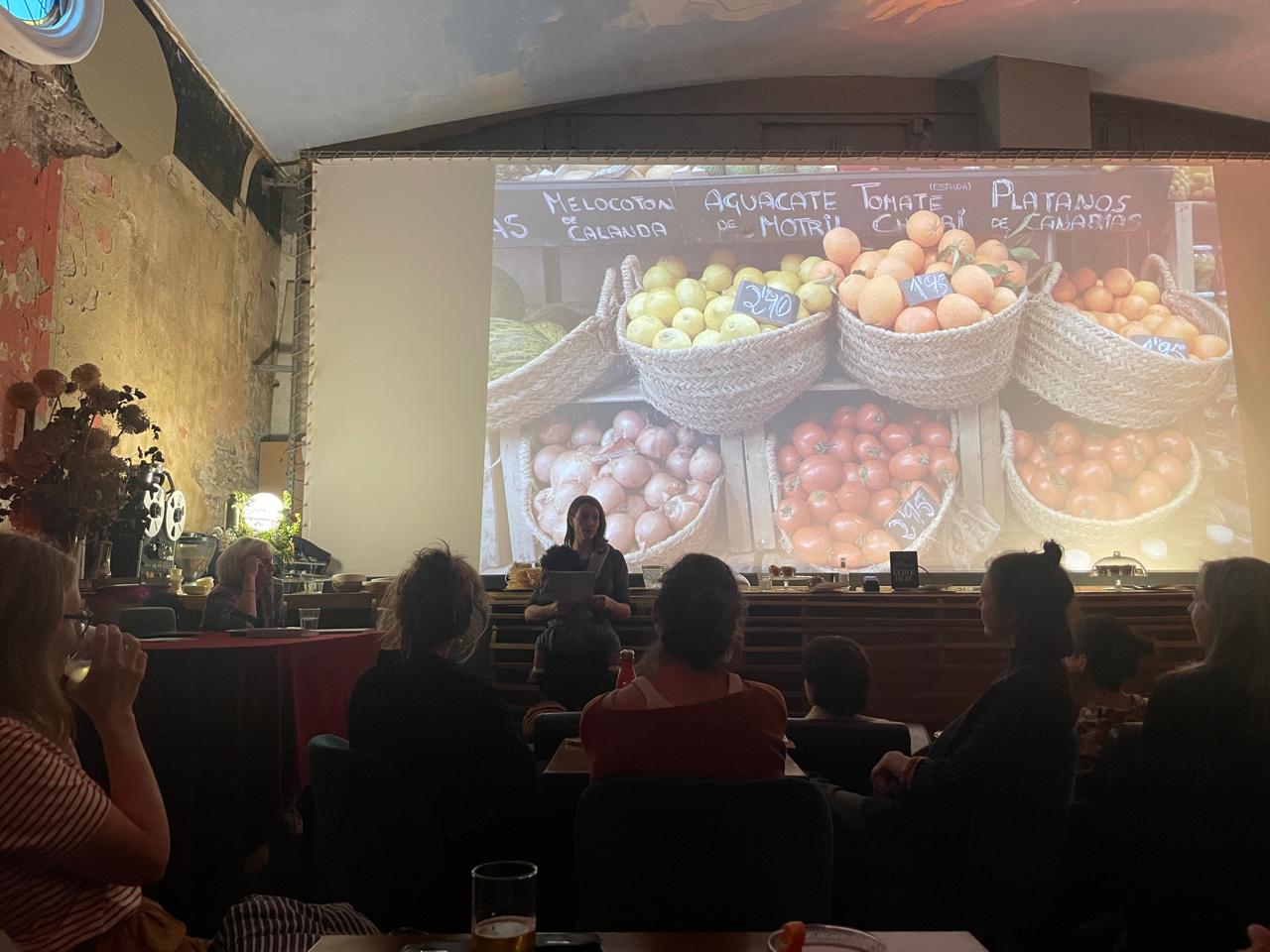

The Art of Moving Forward: Migrant Empowerment – Creative Tools for Community Building and Advocating Labour Rights project is co-funded by the European Union. The opinions and views expressed in this publication are those of La Bolina and do not necessarily reflect those of the European Union or the Spanish Service for the Internationalisation of Education (SEPIE). Neither the European Union nor the SEPIE National Agency can be held responsible for them.

For further information about The Art of Moving Forward: Migrant Empowerment – Creative Tools for Community Building and Advocating Labour Rights see – https://lesol.gr/el/art-of-moving-forward/
